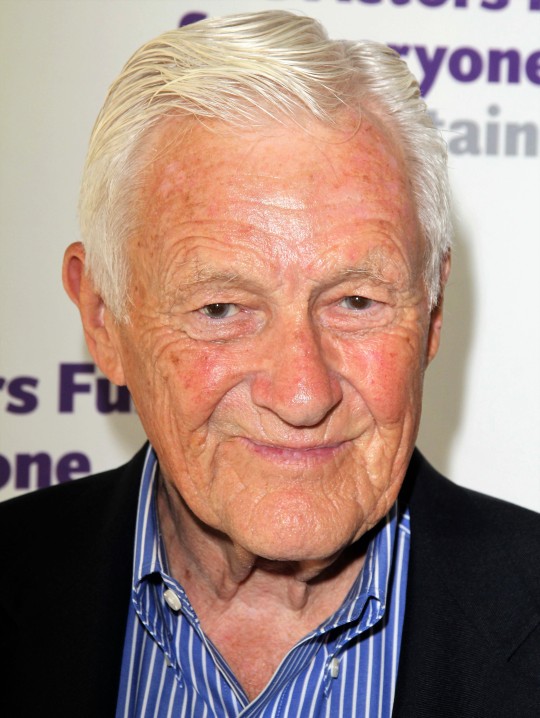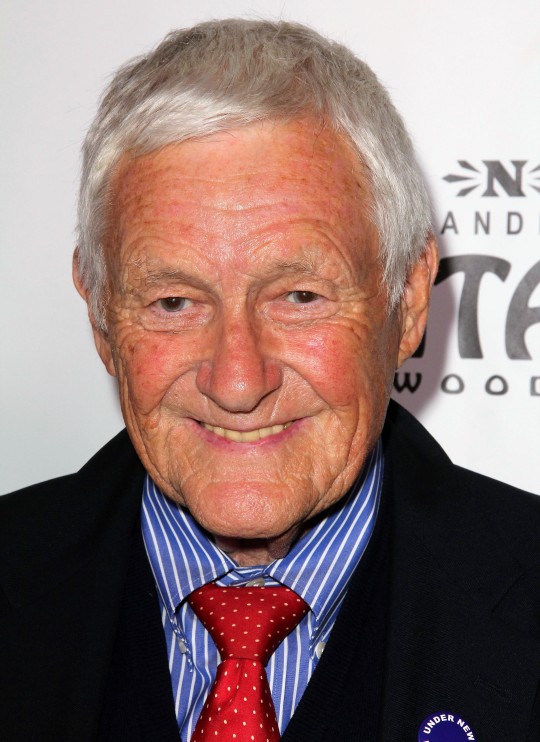#orson bean
Text
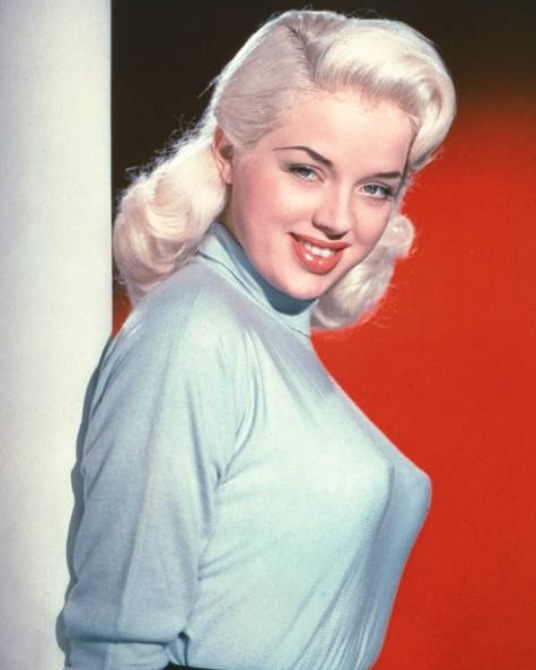
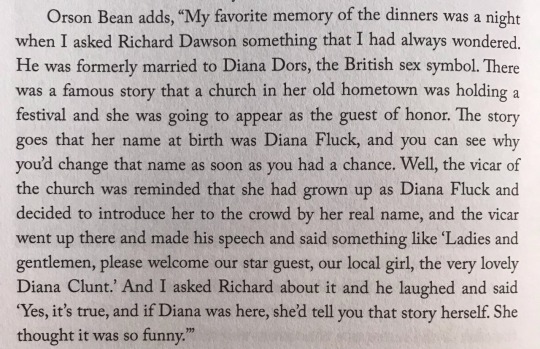
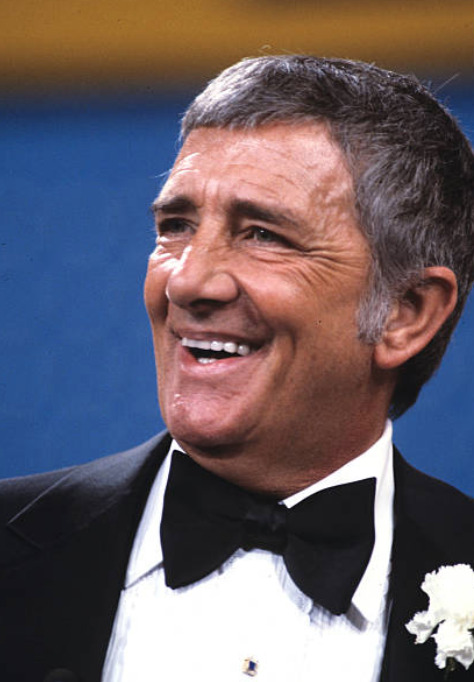
Diana Dors aka Diana Fluck aka Diana Clunt.
22 notes
·
View notes
Photo
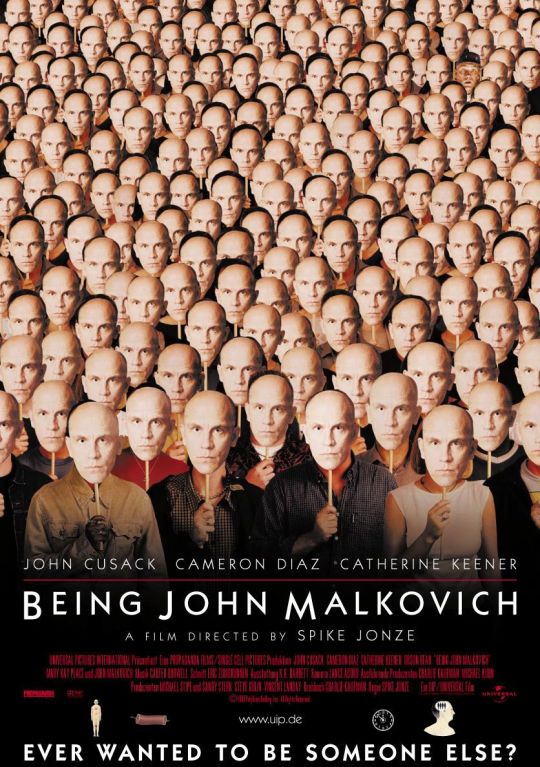
#being john malkovich#john cusack#cameron diaz#catherine keener#john malkovich#orson bean#mary kay place#spike jonze#1999
35 notes
·
View notes
Text
The Rankin/Bass production of The Hobbit

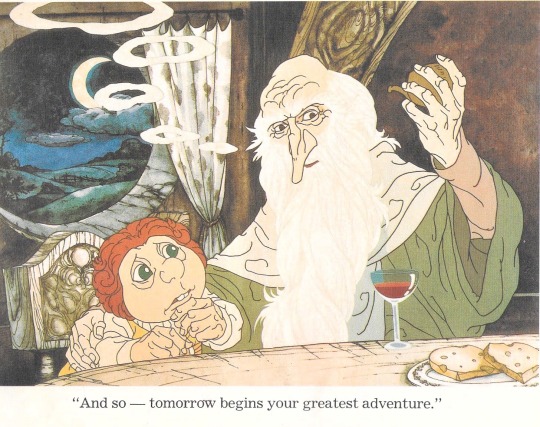
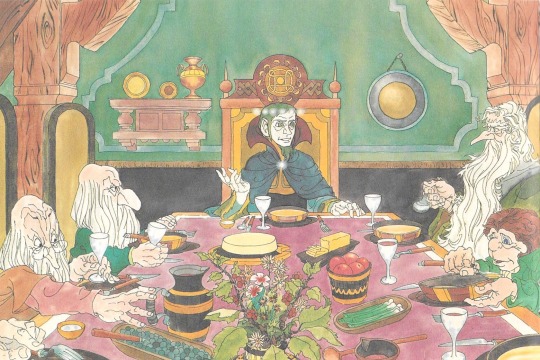
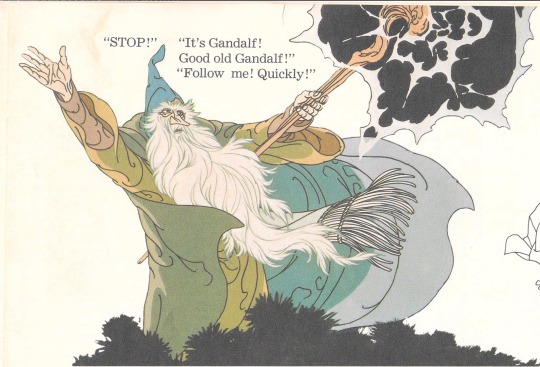
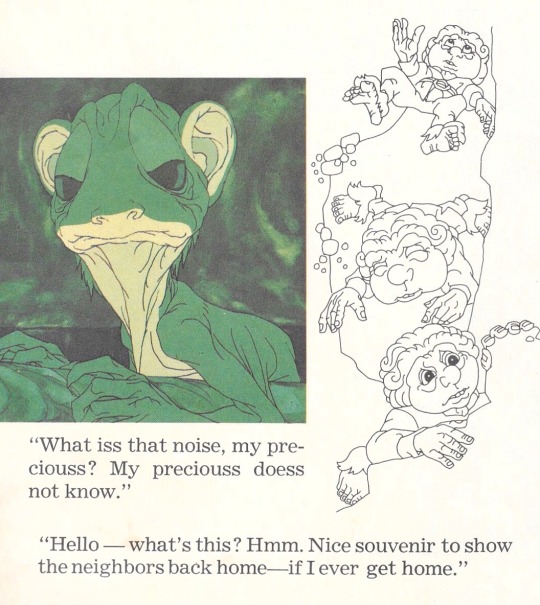





#the hobbit#j.r.r. tolkien#jules bass#arthur rankin jr#romeo muller#maury laws#john huston#orson bean#paul frees#hans conried#otto preminger#don messick#lord of the rings#lotr
14 notes
·
View notes
Text


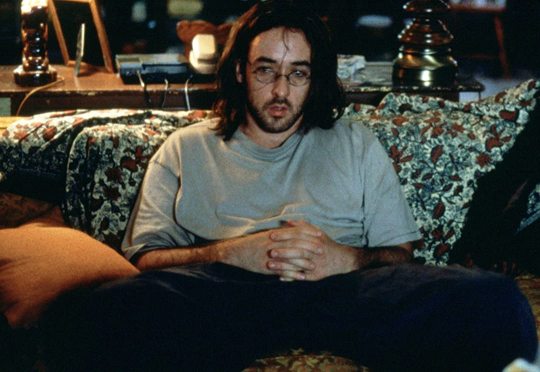
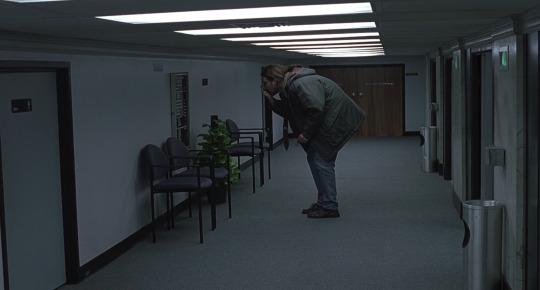
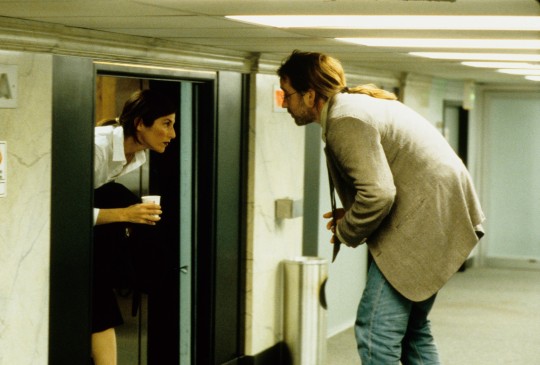


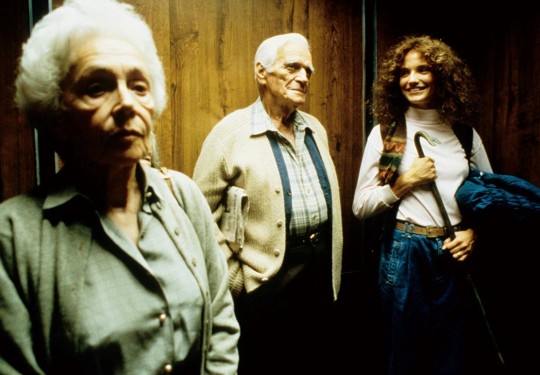
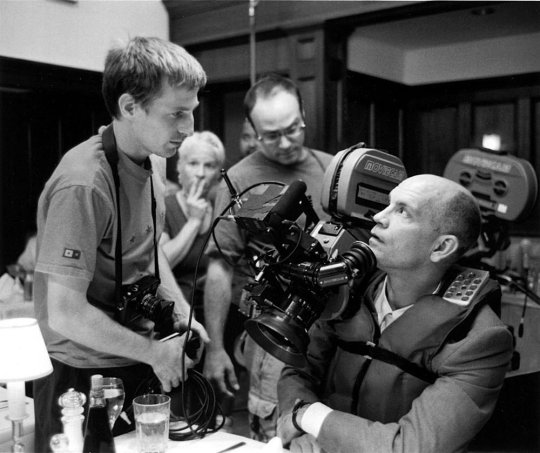

Being John Malkovich (1999) Spike Jonze
January 20th 2024
#being john malkovich#1999#spike jonze#john cusack#cameron diaz#john malkovich#catherine keener#orson bean#charlie sheen#mary kay place#david fincher#sean penn#brad pitt
5 notes
·
View notes
Text
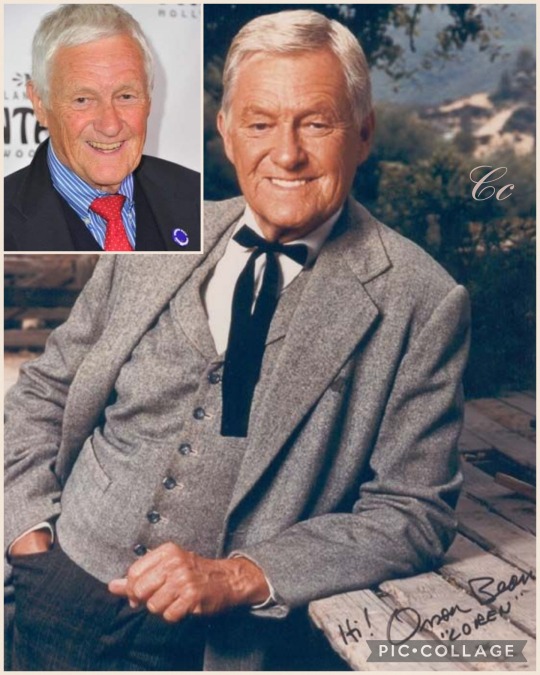
Orson Bean as Mister Loren Bray ✨️✨️✨️✨️✨️✨️✨️✨️✨️✨️✨️✨️
5 notes
·
View notes
Photo
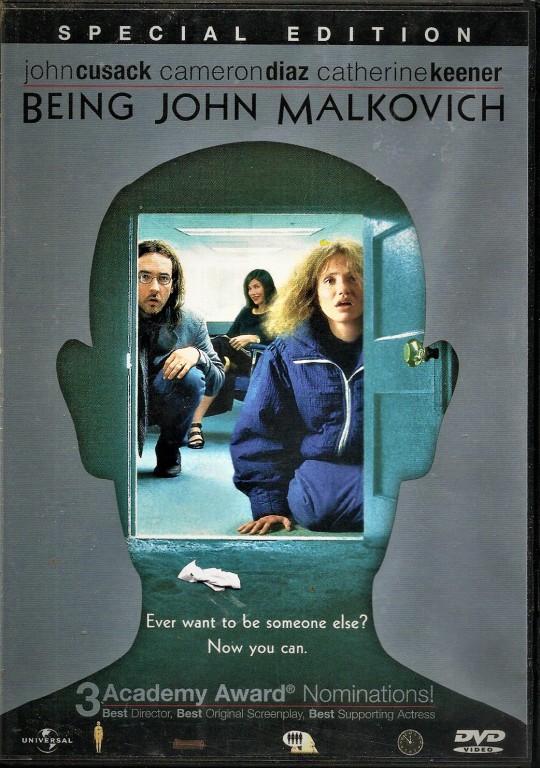
Bad movie I have Being John Malkovich
#Being John Malkovich#John Cusack#Cameron Diaz#Ned Bellamy#Eric Weinstein#Madison Lanc#Octavia Spencer#Mary Kay Place#Orson Bean#Catherine Keener#K.K. Dodds#Reginald C. Hayes#Byrne Piven#Judith Wetzell#John Malkovich#Kevin Carroll#Willie Garson#W. Earl Brown#Charlie Sheen#Gerald Emerick#Bill M. Ryusaki#Carlos Jacott#James Murray#Richard Fancy#Patti Tippo#Daniel Hansen#Mariah O'Brien#Gregory Sporleder#Kelly Teacher#Jacqueline Benoît
3 notes
·
View notes
Text
Orson Bean (The Twilight Zone, Dr Quinn Medicine Woman) in Murder She Wrote

Season 2 episode 14 Keep the Home Fries Burning
4 notes
·
View notes
Text
EQUALIZER 2:
Rob McCall returns
To avenge an old partner
Job hits close to home
youtube
#the equalizer#equalizer 2#random richards#poem#haiku#poetry#haiku poem#poets on tumblr#haiku poetry#haiku form#poetic#robert mccall#denzel washington#pedro pascal#the Equalizer 2#ashton sanders#orson bean#bill pullman#melissa leo#Jonathan scarfe#antoine fuqua#richard wenk#Michael Sloan#Richard Lindheim#Youtube
1 note
·
View note
Text
youtube
19 years old
0 notes
Text
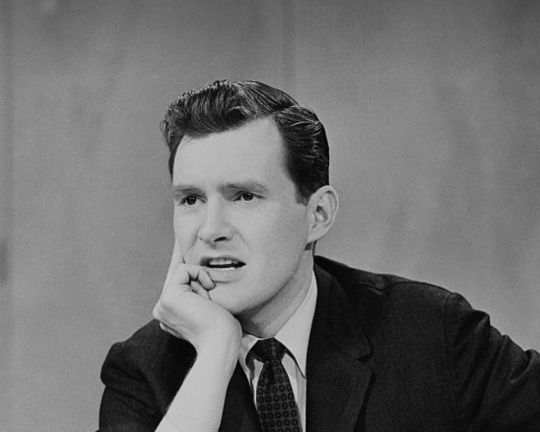
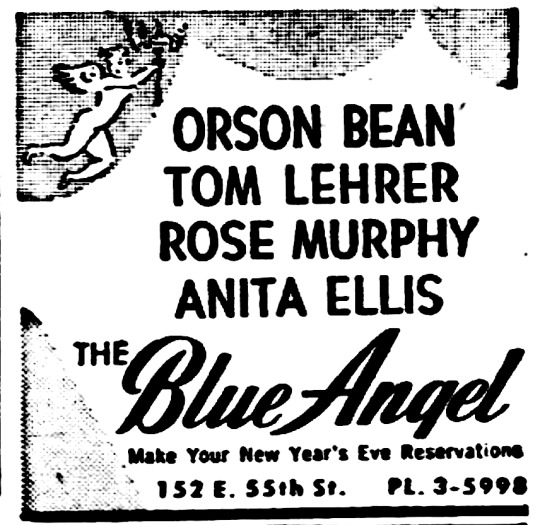

1953.
Orson Bean meets Tom Lehrer.
4 notes
·
View notes
Text

Being John Malkovich (1999)
Directed by Spike Jonze.
Starring John Cusack, Cameron Diaz, Catherine Keener, Orson Bean, Mary Kay Place.
Genre: Dark comedy, drama.
#being john malkovich#spike jonze#John cusack#Cameron diaz#Catherine Keener#Orson bean#Mary Kay Place
1 note
·
View note
Note
Ok but what if I really want to hear your Orson Scott Card rant?
...You asked for this.
This is definitely harder to deliver in text format than verbally, but I'll do my best.
Ender's Game is a seminal science fiction novel from the mid 80's about a space war between Earth and an insectoid alien species referred to as "buggers" (they have an actual name I think but I don't remember it). The war has been raging for years, Earth has effectively united to fight it, and particularly intelligent children are taken by the military to train at an orbital boot camp to be the next generation of soldiers. Our protagonist Ender Wiggin, a genius to end all geniuses, is taken to this space station to begin this training. (Ender is a usually-illegal third child who the government gave his parents special permission to produce, since their first two children were both unaccountably brilliant but too violent (Peter) or too gentle (Valentine) to be good child soldiers, which is uhhhh pretty eugenicist BUT THAT'S NOT THE SUBJECT OF THIS PARTICULAR TED TALK-)
The main body of the book covers Ender's time at battle school and is pretty solidly entertaining, with some genuinely interesting thought experiments on zero-g battles and psychological management and manipulation of a young fighting force (though it's, yanno, undercut by the full-page out of nowhere antisemitic raving. I'm not fucking kidding, there's slurs and everything, it's. Fucking wild.) but the really important stuff comes at the end of the book, when Ender and his trusted group of friends are put through a grueling series of simulations designed as a graduation test. Through this series of simulations, Ender, gifted and cursed with an incredible depth of empathy, begins to understand the buggers in a way that no one has before, and by understanding them, knows how to end them. To quote directly:
"In the moment when I truly understand my enemy, understand him well enough to defeat him, then in that very moment I also love him. I think it's impossible to really understand somebody, what they want, what they believe, and not love them the way they love themselves."
Through this understanding, he realizes that the buggers are a hive mind, and that by destroying the center of that hive mind, he can win. So he does, and the simulation ends. And then they tell him he just won the war. He has given real orders to real soldiers, and he has exterminated the buggers. He has loved his enemy, and he has destroyed them.
Compassion is the key theme of Ender's Game. It is what makes Ender and what breaks him when it is exploited. Empathy and understanding for someone deeply, incomprehensibly different from you.
So then we come to Orson Scott Card, great-great-grandson of Brigham Young, a virulent homophobe, a racist (called Obama "a black man who talks like a white man" as an explanation of his success in politics) and antisemite (looking at that FUCKING page again). He wrote this entire book that hinges on empathy, but either refuses or abjectly fails to apply that notion to his own life. It is genuinely remarkable to me that someone can craft a narrative so explicitly about the one trait they seem to lack entirely and not allow it to open some window of understanding into their own shortcomings.
But we're not quite done yet. Let's talk about Xenocide.
Xenocide is the first of 3 sequels to Ender's Game, set some hundreds/thousands (can't remember, it's a long fuckin time) of years after the events of the first book. Humanity has spread across the universe and settled other planets. The book tells the story of a small human community on a planet predominantly inhabited by the pequeninos, a race of piglike sentients with whom human contact is limited to two specific researchers. The researchers' interactions with the pequeninos are going well -- until one day the body of one of the humans is found vivisected by the pequeninos. Later in the book, it happens to the other researcher as well. All this, very understandably, threatens to spark a war.
Then the discovery is made -- the late life cycle stage of a pequenino is to transition from one of the piglike creatures into a tree, which is the form that is actually capable of reproduction. This transition, bestowed upon members of the species who have done something significant or remarkable, is done by vivisection, after which the body sprouts. The pequeninos believed they were bestowing an honor upon the researchers they killed, and were confused when they did not proceed into the next stage of life. When they learn that they in fact killed them, they mourn.
I am so genuinely fascinated by this story as a work of science fiction. I read this book pretty young, but this is all from memory, it stuck with me that vividly. When two species so utterly alien to each other begin to interact, a simple assumption of similarity can end in tragedy, even during acts of respect or good will. It's juicy! It's thought-provoking! The pequeninos are convincingly alien and the scenario makes sense. And the key thing is that they are people, they cared, they wanted to show their respect for the humans they admired. Empathy, speaking with them and understanding their view of the situation, was the only way to move forward in a constructive way, to avoid war and prevent further tragedy.
Another fascinating thing in this book: the concept of a Speaker for the Dead. Through the time-distorting effects of intergalactic travel, Ender is in his mid-30's in Xenocide, having spent the intervening centuries as a Speaker for the Dead, a position named after the role he assumed in writing his own book about the buggers as a species, laying out their story postmortem. The job of a Speaker is to tell the story of a life as the person viewed themselves -- returning once again to empathy, this time as an almost ritualized practice, as a Speaker arrives to a place where they have been requested and has to piece together the life of the deceased in order to tell the tale. (A friend of mine once promised to be my Speaker if I died first, if I'd promise the same. I think that promise still holds, though I somehow doubt both our capabilities toward the task as writ.)
Orson Scott Card loves empathy. It's one of his main themes. He keeps coming back to it, keeps emphasizing it in new and varied ways. And then he turns around and is a fucking asshole in real life. And you can't help but wonder - does he think he's succeeded? Does he think that he's managed to interact with the world in a kind and empathetic way? Does he somehow believe that he truly understands all these groups he seems to actively disdain, to campaign against, to view as alien? Does he think he loves them the way they love themselves?
After 71 spiteful little years on this planet, I somehow don't think change is in the cards for this man before he shuffles off the mortal coil. And yet I can't help thinking... he could stand to read his own books sometime. He might learn something.
#orson scott card#ender's game#xenocide#asks#there's a LOT more to say about the various other Bad Stuff in these books#the eugenics gets worse in the bean novels for one thing#and i'm sure there's all sorts of wack shit with russia that sailed straight over my head when i was 13#but this is the main rant the ask was about#so the rest of that is for some other person on some other day#anyway thanks for coming to my ted talk have a wonderful day#anon i hope you're happy
44 notes
·
View notes
Text
i've succumbed.
grabbed a copy of ender's game from ebay.
#specifically the 1994 version that i had for years before everyone i've ever lent to stole my copies#i think that cover is the best#saw the final FINAL book that ties the ender and bean series together#and then i pretended i did not see it#sorry i don't care anymore#i will however have an excellent time rereading ender's game and speaker for the dead#have an average time maybe eventually reading xenocide#and then probably quit children of the mind halfway through again if i even start it (third or fourth or whatever time is NOT the charm)#as the mormon god of orson scott card intended#bring me on the journey once more mr. card#to your brazilian catholic planet of the far future#oh god and also the chinese ocd planet#oh yeah there was ender in exile later? that one was okay i guess#literally only remember 1) shakespeare performance and 2) ender letting one of bean's long lost sons beat him to a pulp#literally all that i remember though that second one lives in my head rent free#also lmao not gonna lie i liked his ender short story collection a great deal#sorry folks ender's game et al was an incredibly formative thing for me in my childhood lmao
4 notes
·
View notes
Text
maybe it’s because i’m not neurotypical but bean saying that he feels all the things other kids feel (or at least what he’s observed that they feel) to justify him being “normal” is exactly what i did to myself saying “oh yeah all the kids do this it’s normal lol” when in fact the kids do Not do this. i was wrong.
#and so was bean apparently idk like idk#is the parallel autism or is it gay or is it being a person of color idk man like idk#maybe i’m projecting.#enders shadow#enders game#osc#enderverse#orson scott card#bean delphiki
4 notes
·
View notes
